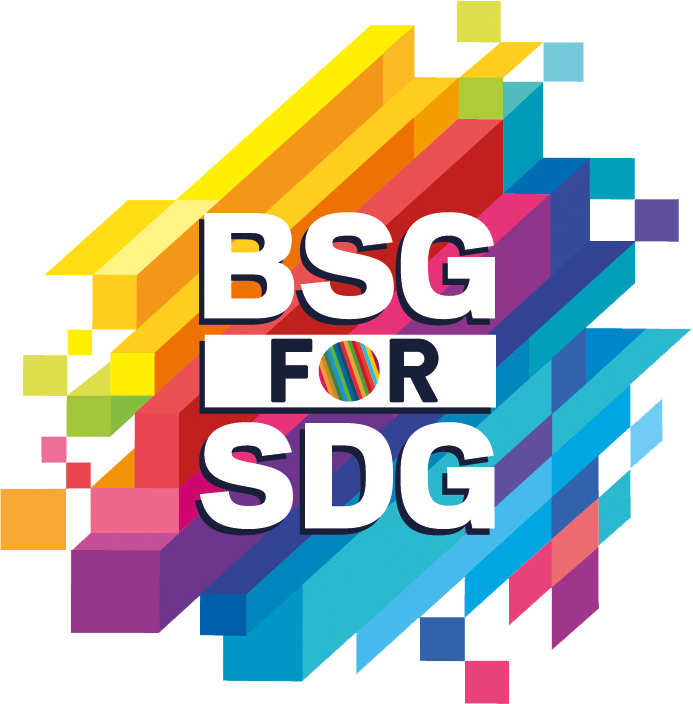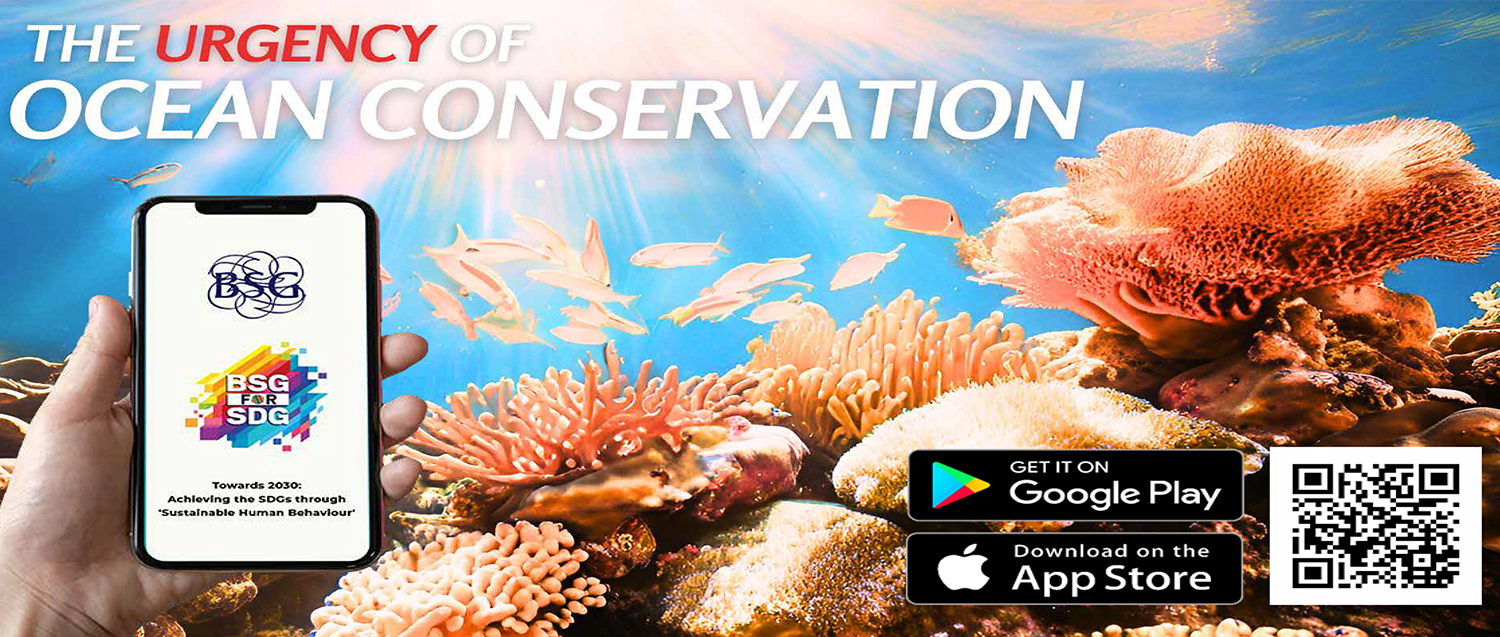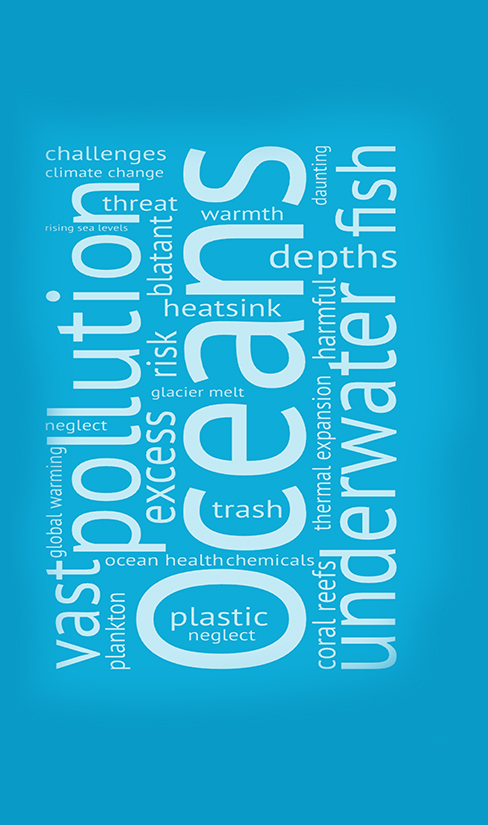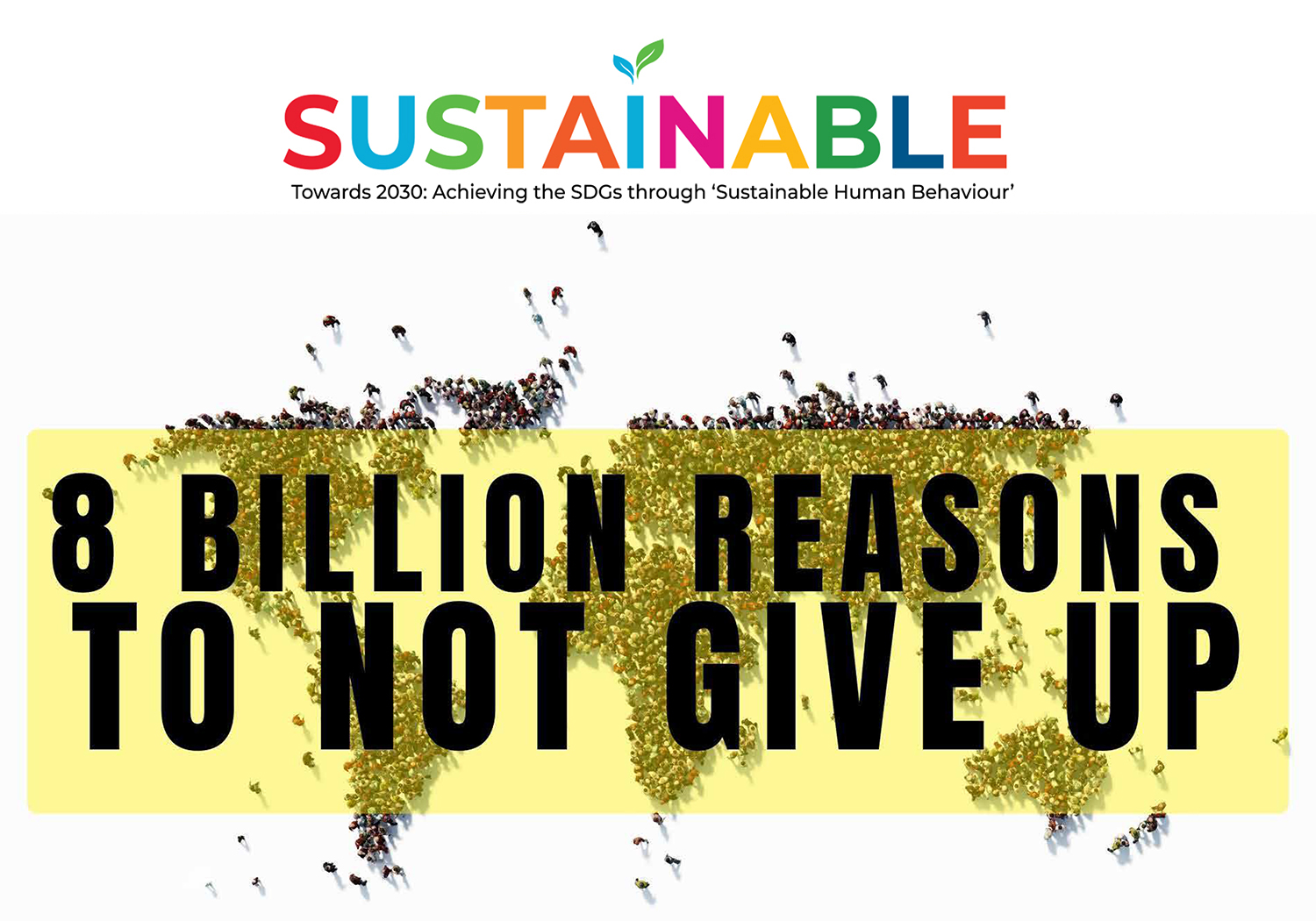
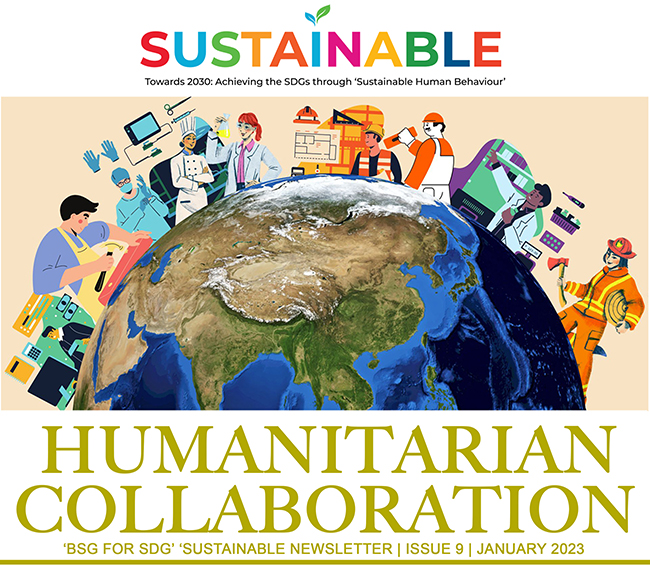
Greetings from BSG Chairperson Mr. Vishesh Gupta
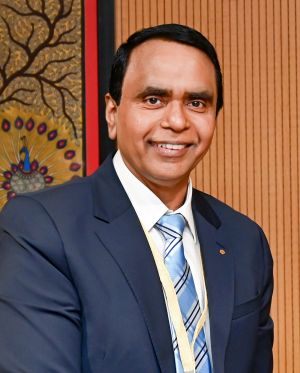
Dear Readers,
Thank you for your steadfast support of the ‘Sustainable Newsletter’ and actively learning about the sustainability challenges we face. It is truly our concern for each other and our planet, coupled with our interest to improve, that will propel us forward.
As we mark World Population Day on July 11th, we are reminded of the intricate tapestry of life woven across our planet. With the global population poised to exceed 8.5 billion by 2030, this tapestry grows denser, its threads more intertwined. Understanding the patterns within this intricate design is essential to ensuring a harmonious future. This edition of our newsletter delves into the multifaceted issue of population growth and its environmental footprint.
By examining the potential strains and benefits of a burgeoning population, we aim to foster a nuanced understanding of this much debated topic. Yet, the truth remains: collective action will define the trajectory of our planet. Like gardeners tending to a delicate ecosystem, we must cultivate a balance between human prosperity and planetary health.
As we navigate the complexities of a growing population, let us remember that our individual choices hold immense power. By embracing sustainable human behaviour in our daily lives, we can make sustainability a way of life. Let us be champions of our environment, mindful consumers, and compassionate global citizens.
With the strength of our determination and collective action, we can safely steer our ship out of the eye of the storm.
Warm Regards
Vishesh Gupta
Chairperson, Bharat Soka Gakkai
The fathomless depths of the oceans are home to great wonders. From entire mountain ranges to deep canyons, the oceans keep much buried at their core. A fun fact: The world’s most active volcanoes are underwater and are all located in an area in the Pacific Ocean, called the “Ring of Fire” (UNESCO,2022). Another fun fact: Mount Everest would fit in the Pacific Ocean’s Mariana Trench with over a mile to spare (UNESCO, 2022)! But here’s the catch: though the oceans seem vast, they’re certainly not limitless.
While we admire the magnificence of the world beneath the waves, we are also confronted with a harsh reality. Amidst these majestic underwater landscapes lies a deep malady — patches of plastic and trash — reminders of humanity’s impact on even the most remote corners of our planet. Research says that by 2050, there will be more plastic than fish in the sea. But this is not the only threat to the health of our oceans.
The oceans’ vastness flows far beyond their physical boundaries. For a considerable period, they have been acting as a heat sink, absorbing more than 90% of the excess warmth generated by greenhouse gas emissions. Consequently, the ocean waters have been steadily increasing in temperature and undergoing thermal expansion. However, this phenomenon only accounts for a portion of the tale behind rising sea levels. The complementary factor paints a picture of glacial ice melting, contributing further to the rise in sea levels. It has been reported that Antarctica is losing about 150 billion tons of ice a year, while Greenland is losing about 280 billion tons a year (World Economic Forum, 2022). Over 410 million people are predicted to be at risk from rising sea levels by 2100 (World Economic Forum, 2022).
The blatant neglect towards oceans alters our world in ways more than one. Ocean warming is one of the most lethal weapons for damaging coral reefs. An excessive rise in water temperature bleaches and dries out the coral reefs. This implies that what is home to more than 7000 species of fishes, invertebrates, plants, sea turtles, birds and marine mammals, could be gone forever, along with all its inhabitants. National Oceanic and Atmospheric Administration scientists have now discovered that coral reefs possess the potential to help create medicines that can combat drug-resistant bacteria effectively. Moreover, coral reefs reduce the strength of the waves hitting the coast and are an important source of income for millions of people.
When animals eat pieces of plastic, they reduce the intake of nutrients from real food. This can affect small plankton all the way up to big fish and shellfish. Small plastic bits also soak up harmful chemicals, which build up in the animals that eat them. This buildup of plastic and toxins in the food chain can also put human health at risk. Studies have revealed that microplastics can inflict harm on human cells, impair reproductive functions, and interfere with the endocrine system.
Thermal expansion of ocean waters, caused by rising temperatures, accounts for roughly 50% of the increase in global sea levels observed during the last 25 years. Normally, glacier melting in summer is offset by snowfall in winter. However, higher temperatures from global warming now cause excessive glacier melt and reduced snowfall. The world, when left undisturbed, could harmonise meltwater runoff with evaporation. Accelerated global warming has disrupted this balance, signalling the urgent need for climate action.
Reversing climate change may seem like a daunting and impossible task. However, much is still under our control. Being conscious about what we take from the world and give back to it becomes a good starting point. Personal action, or ‘sustainable human behaviour’, therefore, is of paramount importance.
Shifting Landscapes: The Columbia Glacier, Alaska, USA, between 2009 and 2015. Credit: James Balog and the Extreme Ice Survey.
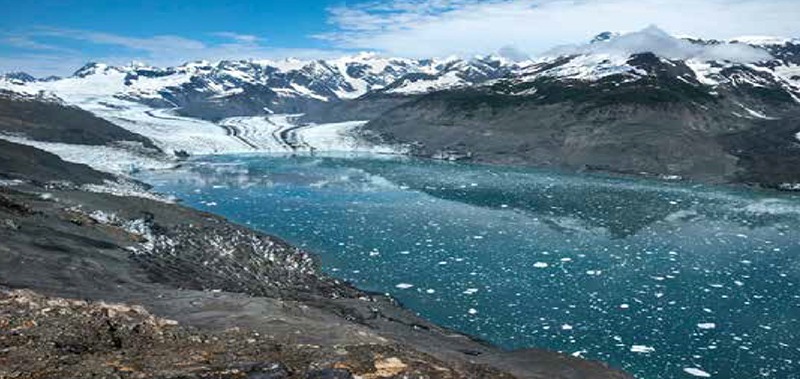
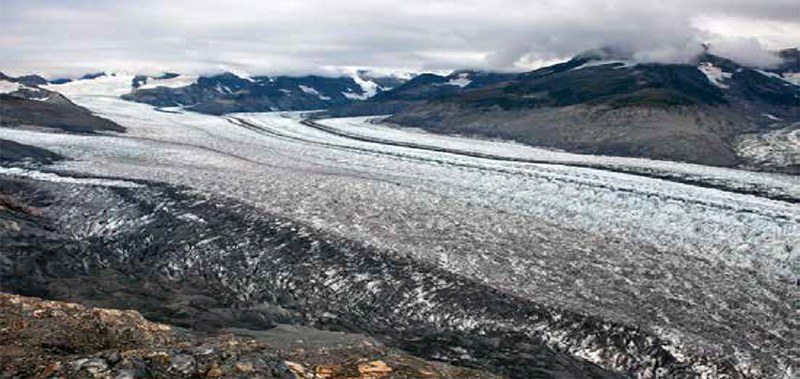
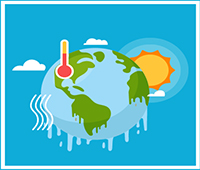
Thermal Expansion
A major contributor to rising sea levels is a process called “thermal expansion”. As greenhouse gas emissions trap more heat from the sun, a significant portion of that excess heat gets absorbed by the world’s oceans. As the temperature of water rises, its molecules become more active and take up more space, causing the water to expand in volume. Thermal expansion is a global phenomenon, resulting in an increase in the total amount of water contained within the ocean basins.
Thermal expansion occurs gradually, but its effects on sea level are substantial and widespread. Even a relatively minor increase in ocean temperatures can lead to a significant rise in sea level heights worldwide. For example, a temperature increase of just 1°C (1.8°F) across the entire ocean could cause sea levels to rise by roughly 20-30 centimetres (8-12 inches).
The impact of thermal expansion on coastal communities and low-lying areas is profound. As sea levels continue to rise, these regions become increasingly vulnerable to flooding, erosion, and storm surges. Many cities, islands, and even entire nations face the risk of partial or complete inundation if sea level rise continues unabated. Adaptation efforts, such as constructing seawalls and relocating populations, may become necessary to mitigate the effects of thermal expansion and protect vulnerable coastal areas from the encroaching seas. The power of nature in building resilience of coastal areas to sea level rise also must be underscored – nature based solutions that involve conservation and restoration of wetlands such as mangroves and saltmarshes are key in this regard, while also bringing co-benefits such as flood management, improvement in biodiversity and livelihood support.
 To Read
To Read
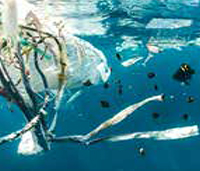
Ocean Pollution – 10 Dirty Facts
Uncover the alarming realities of marine contamination and its devastating effects on aquatic life and ecosystems.
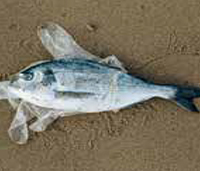
Will the Ocean Really be Dead in 50 years?
Delve into the science behind the question: Will the ocean really die? Discover the critical role of biodiversity, human impacts, and the urgent need for conservation efforts to safeguard our planet’s most vital ecosystem.
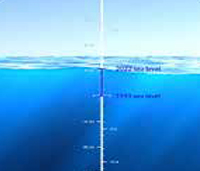
The Best and Worst Case Scenario for Sea Level Rise
Explore the best and worst-case scenarios, backed by expert insights and scientific research, to understand the potential impacts on coastal communities and ecosystems worldwide.
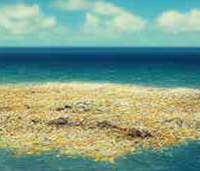
Visualising the Great Pacific Garbage Patch
What are the myths and facts about the Great Pacific Garbage Patch? Do we understand the gravity of the problem in full measure? Find out through the article.
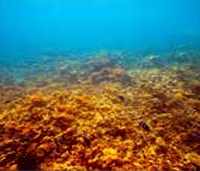
Deep Sea Mining – What You Need to Know
Get a comprehensive look at what deep sea mining means for our oceans.

Barbados and its efforts towards ocean conservation
Ever wondered how this large ocean-state, the most easterly Caribbean island – Barbados – is trying to conserve the ocean?
 To See
To See
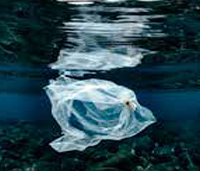
A Plentiful Feast: A Film on Marine Pollution
The video channel, NOWNESS, that streams the 9-minute movie has described it as a hauntingly tragic depiction of a world devoid of its natural richness. With an increasing influx of plastics suffocating the oceans, fishing communities globally find themselves pulling in nets with fewer catches.
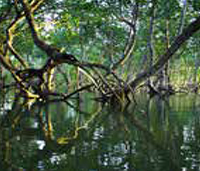
How an Odisha Community Revived a Mangrove Forest
The UN Decade of Ocean Science for Sustainable Development (2021-2030) has brought the importance of mangroves back from oblivion. This 9 minute film revolves around the residents of Badakot and their trailblazing efforts in converting degraded land into a 25 acre mangrove forest, all in pursuit of protecting their cyclone prone home.
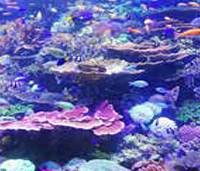
Magnificent Pictures of Life Under the Sea
Discover the endless beauty of the world that stays hidden, but exists nonetheless.
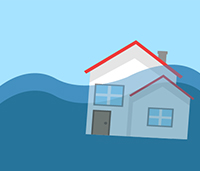
A Country Being Lost to Rising Sea Levels (Documentary)
Tuvalu, with its population of 11,000, stands at the forefront of a devastating possibility: becoming the first nation to be entirely lost to the ravages of climate change. The ocean, inseparable from their cultural identity, now poses a grave threat, rising 1.5 times faster in their region than the global average.
 To Listen
To Listen

How Should the Sea Sound?
Ever wondered what the underwater world sounds like, especially when it’s left untouched by human activities?

Can Long Island Save Singapore from Rising Sea Levels?
The “Long Island” initiative in Singapore is set to evolve gradually over the coming decades, intended to offer coastal defence. However, what environmental compromises might it entail? Dr. Stephen Chua, a research assistant professor at the Earth Observatory of Singapore at Nanyang Technological University, elucidates the essentiality of this pioneering project.
 To Play
To Play

My Coastal Futures
My Coastal Futures is an innovative and immersive simulation game that plunges players into the dynamic realm of coastal management and resilience planning. In this interactive experience, participants take on the role of decision-makers tasked with navigating the complex challenges of coastal development, environmental conservation, and community welfare.
While the tangible advantages that marine ecosystems offer to our world are indisputable, our concern for them should transcend mere self-interest. These ecosystems are not simply resources to be exploited for our gain; they are intrinsically valuable treasures that enrich our planet and our collective existence.
In an essay, titled “Restoring Our Connections with the World”, the Founding President of SGI, Daisaku Ikeda writes, “Science and technology have given humanity undreamed of power, bringing invaluable benefits to our lives and health. But this has been paralleled by a tendency to distance ourselves from life, to objectify and reduce everything around us to numbers and things.” He further explains, “This separation and estrangement is, in my view, the underlying tragedy of contemporary civilization. Divorced from the cosmos, from nature, from society and from each other, we have become fractured and fragmented.”
Like the forgotten marine ecosystems, the uncared-for coastal societies also illustrate how our ability to look beyond numbers has been diminishing. While referring to research done at Toda Peace Institute, Mr. Ikeda writes, “The research has highlighted the extremely grave situation that the people of the Pacific Islands are facing. Affected by rising sea levels, people and communities in the region are being forced to consider relocation, while little attention has been given to what this means to them emotionally and spiritually.”
He continues, “To many Pacific Island societies, one’s ancestral land is like a mother. Being forced to move from the land to which one is deeply connected is almost equivalent to losing one’s fundamental identity. The ontological security that our native land provides cannot be replaced by material security guaranteed by resettlement to a new site. The research program urges that such inseparable connections between people and their lands be included as a vital perspective in planning action to combat climate change.”
In a dialogue with the futurist and environmental activist, Hazel Henderson, Mr. Ikeda notes, “Any lasting global solutions to these challenges begin with what we might call individual human revolution. This means that instead of being absorbed in the minor self of the ego, each individual must recognize his or her connection with all life in the cosmos. By doing so, we can escape our obsession with greed, advance along a more compassionate path, and bring about mutual happiness for ourselves and others. I am certain that this is the key to creating a new civilization founded on the dignity of life.”
Mr. Ikeda’s call to calculate emotional and spiritual costs, just like economic costs, is significant and deserves attention. The need to adapt arises when we have failed to prevent. Besides, there is limited information about the extent to which we can even adapt in a warmer world. As we navigate these uncharted waters, having the wisdom to value all that we stand to lose – materially, emotionally, spiritually – will be imperative to safeguarding not just our planet’s natural wonders, but the infinite richness of our world’s diverse cultures and peoples.
Harnessing the power of lifestyle changes in the quest for a sustainable future Sonal Goel | Women’s Division | Meerut
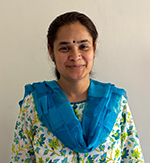
I became a voluntary member of Bharat Soka Gakkai in 2013 in Meerut. Through BSG, I encountered my lifelong mentor, Daisaku Ikeda, who is the Founding President of SGI. When I read Mr. Ikeda’s Peace Proposals to the United Nations, it deeply impacted my life. In the 2015 Peace Proposal, he wrote “a great revolution in just a single individual can help achieve a change in the destiny of an entire society and make possible a change in the destiny of all humankind. This encapsulates the idea of a chain reaction of empowerment whose limitless possibilities expand in space to cross national borders and in time to link different generations.” I was inspired by these lines and I volunteered to do my bit to make the area around my residence plastic free and sustainable.
Since childhood I had a sense of belongingness to nature and always loved the company of plants and being in the midst of nature. As time went by, gardening became my passion. When I came to know about the ‘BSG for SDG’ campaign, I became more inclined towards sustainable human behaviour, protecting nature and making my surroundings clean and green. I also downloaded the ‘BSG for SDG’ mobile app and keep myself updated with the activities being carried out by other BSG members.
Here are some steps which I am taking in my day-to-day life to contribute to a greener and pollution free environment.
1. I segregate waste at home as raw kitchen waste which I turn into compost for plants, the leftover cooked I give to animals and birds around my house. I keep earthen vessels of water for all the creatures and change the water daily.
2. I send Paper and other products for recycling and I give the plastic waste to the plastic collection drive being carried out in Meerut twice every month. This has made my home a zero waste home.
3. Whenever I move out of my house I carry my own water bottle and avoid buying or using packaged water.
4. I carry my own cloth, jute or paper bags when I go to buy fruits, vegetables, groceries, clothes and other articles. I even return the bags given to me by my dry cleaners when I send the next lot of clothes.
5. I keep participating in various plantation drives held in Meerut and gift plants on festivals and various other occasions.
Recently I was chosen as a ‘Harit Ghar’ member under the ‘Paryavaran Sanrakshan Gatividhi’ (PSG) drive by a national level organisation where I displayed the articles which I made from waste items like old CDs, dry flowers, pistachio shells, walnut shells, empty cello tape cores, jute strings etc. The exhibition helped me connect with inspiring people who are already working for the environment.
I was also interviewed by IIMT Radio Meerut for answers to environment related questions and measures taken by me for our mother earth.
It is my firm determination to make people aware of the SDGs and actively contribute towards a happier, greener and pollution free planet.
 SDG Tip for Daily Life
SDG Tip for Daily Life

YOU hold the reins to a better future! Continue reading to know what you can do to improve the health of our oceans.
- Join a beach or river cleanup group. Not only will you prevent trash from entering the water, you could also meet like-minded people and make friends!
- Reduce your use of single-use plastics. This is the best way to start saving the oceans.
- The undeniable reality is that sea levels are destined to rise. The current elevation in sea levels is a direct consequence of decades of global warming. Our immediate focus should be on mitigating sea level rise beyond 2050. To this effect, monitoring our carbon footprint becomes key. Explore more here.
- Download the ‘BSG for SDG’ mobile app and start using the Carbon Footprint Calculator to measure how much carbon footprint you will be able to save if you modify your lifestyle.
- Do not purchase any product that contains microbeads. They are commonly found in a lot of face scrubs, toothpastes, and body washes. Microbeads can very easily find their way into the waterways and create immense harm.
- Become staunch opponents of the practice of turning corals into presents! Find out more here
- Spread the word. Break the silence and start the conversation. It goes a long way.
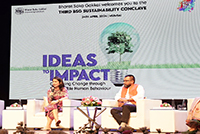
Updates
BSG holds the Third Sustainability Conclave
The Third BSG Sustainability Conclave was held on 24th April 2024 at the Bal Gandharva Rang Mandir Auditorium, Mumbai. This Conclave was centred around the theme “From Ideas to Impact: Catalysing Change through Sustainable Human Behaviour”. This was the first such conclave held in Mumbai, after the previous two, which were held in New Delhi.
Read more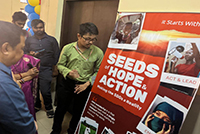
SOHA by BSG inspires Sustainability Action at Odisha University of Technology and Research (OUTR), Bhubaneshwar
The SOHA family is growing by the minute! The newest addition to BSG’s sustainability movement is Odisha University of Technology and Research (OUTR), Bhubaneshwar. This marked the 120th SOHA exhibition conducted by BSG since the beginning of 2021. The keen interest shown by over 1000 faculty and students in learning ‘Sustainable Human Behaviour’ kindles hope for a sustainable tomorrow.
Read more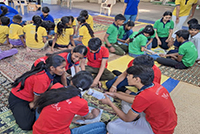
BSG celebrates Earth Day with Gyandeep Growth Foundation
BSG partnered with the non-profit, Gyandeep Growth Foundation, to mark Earth Day on 24th April 2024. The Foundation is dedicatedly working towards empowering underprivileged and marginalised students through education. Focusing on the Earth Day theme for this year, Planet vs. Plastic, the 40 students from Gyandeep Growth Foundation learnt about ‘Sustainable Human Behaviour’ from BSG volunteers. With the help of crossword puzzles, jumble words and participatory discussion, the students found out facts, figures, and new vocabulary related to the SDGs. Additionally, they did group activities and recycled waste material collected from home.
Read more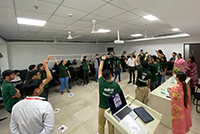
BSG meets its SDG Club at Vivekananda Institute of Professional Sciences (VIPS), Pitampura
On 26th April 2024, BSG representatives met the SDG student ambassadors in Vivekananda Institute of Professional Sciences (VIPS), Pitampura. The students discussed the importance of ‘Sustainable Human Behaviour’ at a time of climate emergency. Next, they played a game with a jute string and placards to understand the interconnectedness of the SDGs.
Read more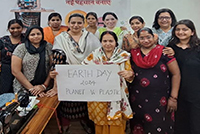
BSG conducts a second Earth Day session with Pedal On
BSG got together with Pedal On on April 27, 2024, as part of its Earth Day events. Pedal On is committed to uplifting women from economically weaker sections. The participants from the organisation talked about how successfully they’ve been integrating the understanding of climate action and SDGs into their lives because of attending regular training sessions with BSG.
Read moreContact Us
 Any queries or suggestions regarding the newsletter can be addressed to sdg@bharatsokagakkai.org
Any queries or suggestions regarding the newsletter can be addressed to sdg@bharatsokagakkai.org
 To know more about the ‘BSG for SDG’ initiative, visit the BSG for SDG website
To know more about the ‘BSG for SDG’ initiative, visit the BSG for SDG website
 Download the ‘BSG for SDG’ mobile app with the carbon footprint calculator
Download the ‘BSG for SDG’ mobile app with the carbon footprint calculator
